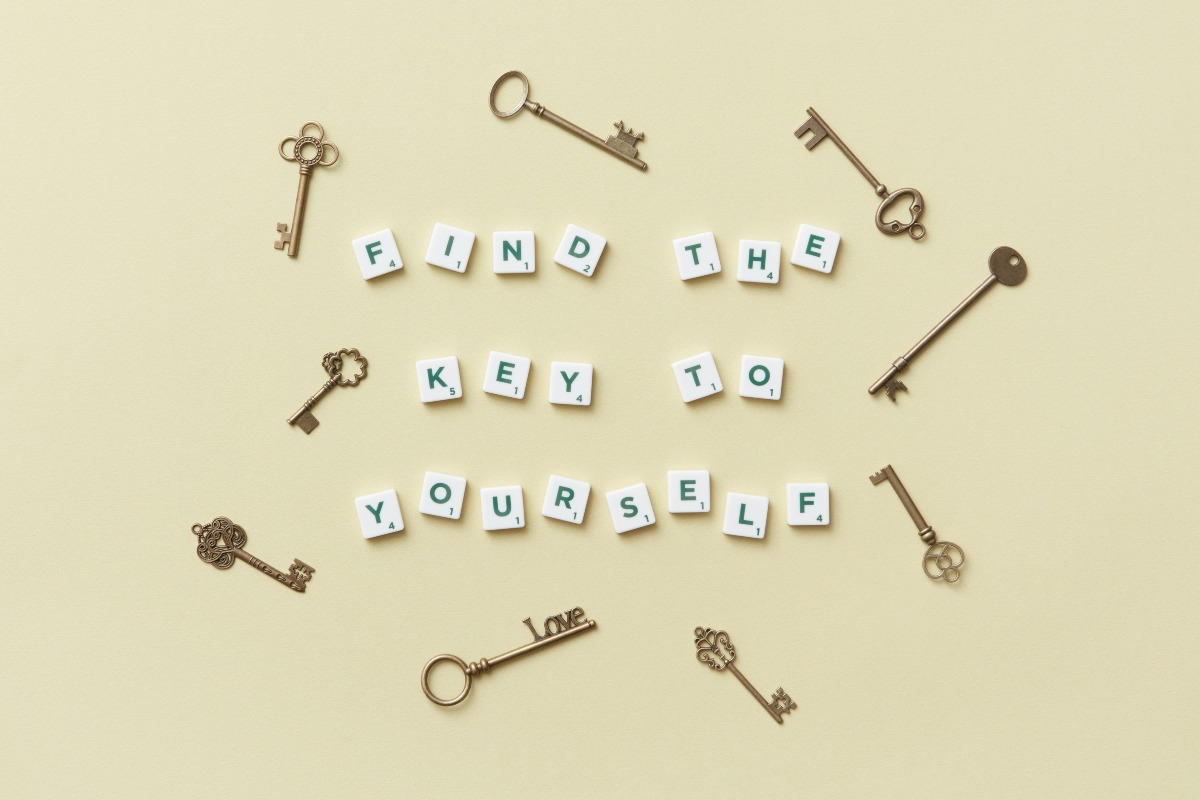
This world is fast-paced, and it tends to cultivate a focus on the things around you instead of on yourself. Yet, self-awareness is key, and exploring self-awareness can unlock your greatest self. Ultimately, enhancing your personal awareness allows you to understand yourself better and connect better to the world around you.
Self-awareness is a practice that lends itself to understanding why humans behave the way they do. Being aware of your thoughts, feelings, and actions can also reduce the risk of any future struggles with substance use disorder (SUD).
This blog post will explore the benefits of practicing self-awareness in recovery and the offerings that The Guest House can provide during the recovery journey.
How Can I Develop Self-Awareness in Recovery?
Self-awareness refers to how you think, act, and behave in certain circumstances. Having awareness involves knowing how you will react to different people, places, and things. For example, have you taken a vacation to the beach? As you are aware of that experience, you are excited because you can feel the sand on your toes and smell the crisp air. Self-awareness happens when you are cognizant of how the ocean makes you feel. When awareness is combined with recovery, this can produce dynamic results.
To improve your awareness, it is important to focus on the following:
- Identify your triggers. You cannot work through your triggers if you do not know what they are.
- Focus on what the present has to offer. The past is the past and you cannot do anything about it.
- Journal your thoughts and feelings. You can reflect on any improvements you need to make.
- Seek a trusted individual therapist to guide you.
- Try meditation to calm your mind and practice self-awareness.
- Learn how to identify your emotions and trust your gut.
- Identify your patterns of behavior.
You are the author of your story. Self-awareness is about becoming true to yourself and being aware of how circumstances in your life affect you. It is your recovery and you get to choose what that looks like.
What Are the Two Types of Self-Awareness?
There are two types of self-awareness: external and internal.
External self-awareness: This type of awareness involves realizing how you are perceived by others. With this awareness, you are more likely to follow social norms based on wanting to fit in with others. Sometimes this can be a positive trait. However, if you tend to want to “fit in” too much, you run the risk of spending too much time dwelling on what others think of you.
Internal self-awareness: This is how you view yourself. Internal self-awareness involves being introspective, examining how you react to situations with a curious eye. For example, you notice that when you have to give a presentation, you tense up and your palms are sweaty. You can pay close attention to how your body is reacting to something that gives you anxiety.
When self-awareness is more internal, you may struggle with what everyone else thinks of you instead of paying attention to how you relate to yourself. This can be extremely difficult in recovery as you will struggle to love all parts of you.
How Does Self-Awareness Unlock Greatness in Recovery?
Essentially, recovery is about cultivating self-awareness as a whole. It is about being aware of how your body responds without your addiction of choice. In treatment, you learned to live without your addictive activities and identified your triggers while creating a relapse prevention plan. Healthy coping skills play a major role in creating the best version of yourself. Practicing these coping skills teaches you to focus on what’s happening now. These are all pieces of self-awareness.
A 2016 study published in Europe’s Journal of Psychology measured the outcomes of self-awareness interventions. The study showed that practicing self-awareness and mindfulness improves:
- Self-acceptance
- Proactivity
- Self-confidence
- Stressful feelings related to social interactions
Greatness in recovery will look different for everyone. Just imagine understanding why you do the things you do and creating a self-accepting space in which to heal. This is just the start of self-awareness. You already hold the key to unlock your greatness.
How Can The Guest House Support Me?
The Guest House offers an array of activities to promote self-awareness in recovery. We believe in the power of the self and that awareness can bring a space of contentment to your recovery. Below are programs we offer to support self-awareness in recovery:
- Yoga and meditation
- Conscious connected breathwork
- Adventure therapy
- Spirit2Spirit healing retreats
- Somatic therapy
We offer many more programs; these are just a few to get you started. Additionally, we are here to support you no matter what phase of recovery you are in. It is hard to recognize something that you need to change. Luckily, The Guest House has staff members who are trained to meet you with unconditional positive regard and insight.
We never judge but meet you right where you are at with open arms. All you have to do is give us a call and stay on the line. We will do the rest.
Self-awareness sounds like it could be difficult to cultivate. More likely than not, however, you are already practicing self-awareness. You have reflected on yourself in recovery and changed your perception of the world around you. Recovery has many components and self-awareness is just one of them. You arrived at this new place in your life through perseverance and caring about your own well-being. Now is the time to continue to work on your recovery with a healthy dose of self-awareness. If you or someone you know is struggling with self-awareness in recovery, please do not hesitate to give us a call at (855) 483-7800. We can answer any questions you may have.